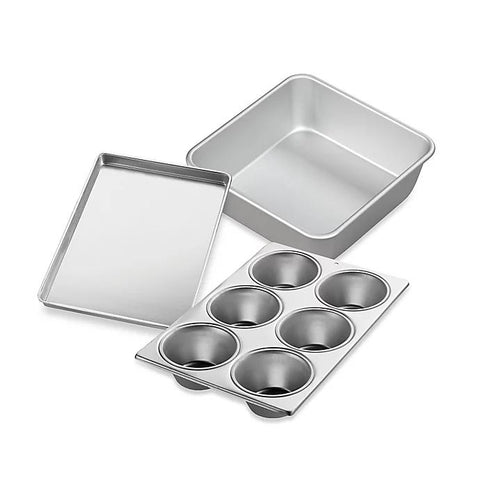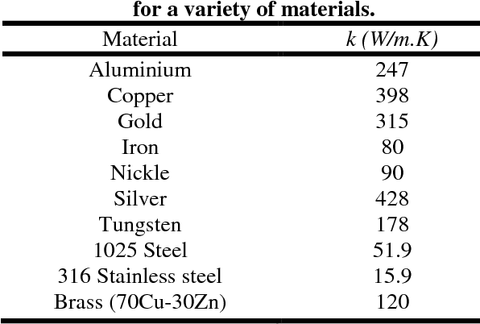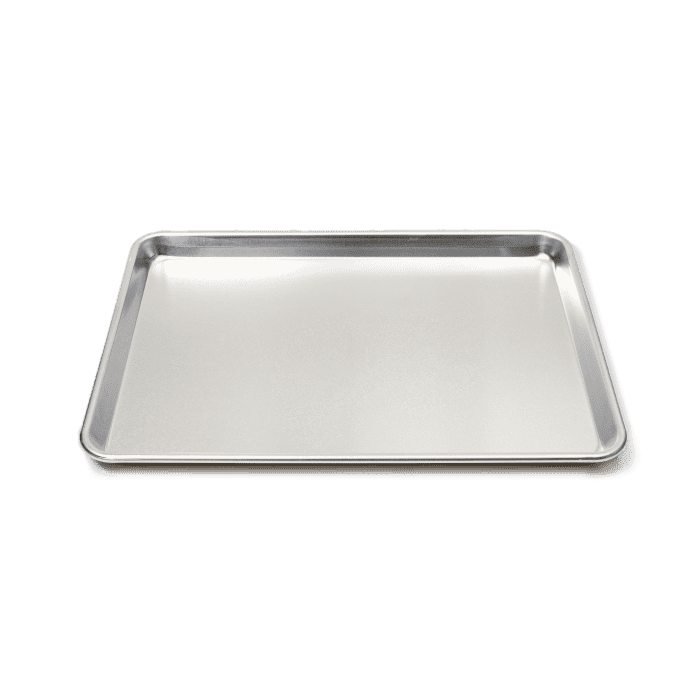Is Aluminum Cookware Safe?
Posted by Elva Qiao on
There are conflicting reports that cooking in aluminum pots and pans is risky because aluminum can leach into the food. Should aluminum cookware be avoided?

Lightweight aluminum is an excellent heat conductor, but it’s also highly reactive with acidic foods such as tomatoes, vinegar, and citrus. Cooking these in aluminum can alter the food’s flavor and appearance and leave the pan with a pitted surface. In our tests, we detected an unpleasant metallic taste in tomato sauce and lemon curd cooked in aluminum pots.

The amount of aluminum that leaches into food, however, is minimal. In lab tests, tomato sauce that we cooked in an aluminum pot for two hours and then stored in the same pot overnight was found to contain only 0.0024 milligrams of aluminum per cup. (A single antacid tablet may contain more than 200 milligrams of aluminum.) It is reported that the consensus in the medical community is that using aluminum cookware poses no health threat.
In short: While untreated aluminum is not unsafe, it should not be used with acidic foods, which may ruin both the food and the cookware. Also note that aluminum cookware that has been anodized (hardened through a process that renders it nonreactive) or clad in a nonreactive material, such as stainless steel or a nonstick coating, does not leach into or react with foods.
Our favorite rimmed baking sheet is made out of aluminum and perfectly safe to use, but avoid cooking acidic foods on it.

